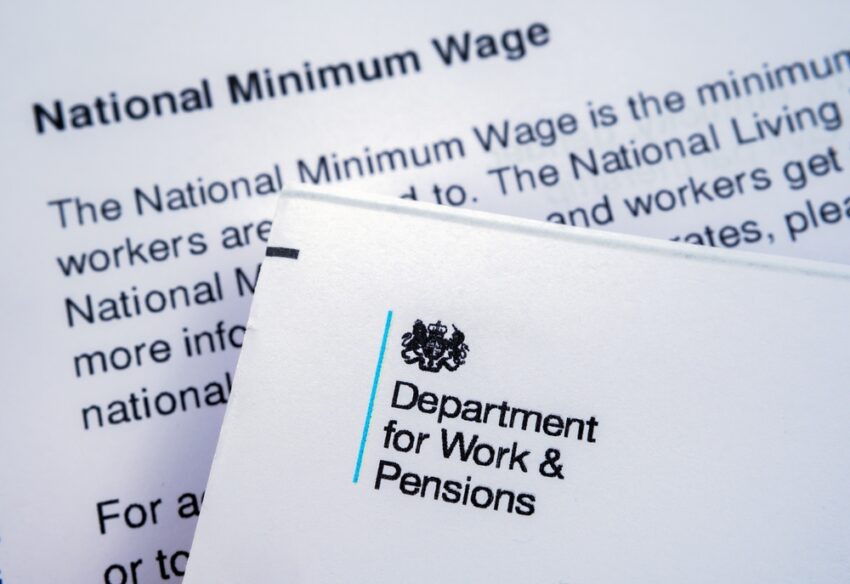In a significant enforcement action, HMRC has levied £13.7 million in penalties against employers failing to comply with National Minimum Wage (NMW) regulations. This move underscores the government’s firm stance on wage compliance.
The HMRC’s latest actions come in the wake of the government doubling their enforcement budget to £27.8 million since 2015. This increase reflects the growing priority placed on ensuring fair wages for all workers in the UK.
Enhanced financial backing allows HMRC to delve deeper into investigations and take substantial actions against non-compliant employers.
With more resources, the agency is now better equipped to enforce regulations effectively across different sectors. This proactive approach demonstrates a serious commitment to eliminating wage infractions.
A Department for Business and Trade report reveals that over 108,000 workers have been compensated for NMW arrears. Nearly 3,200 cases were closed with 900 uncovering unpaid wages.
This large-scale enforcement indicates not only widespread non-compliance but also heightened awareness among workers about their rights, urging them to stand up against unfair practices.
The ripple effect of this enforcement is gradually fostering a culture of accountability and fairness in the workplace.
The Geographical Compliance Approach (GCA) is pivotal to HMRC’s strategy, targeting specific regions to drive compliance.
Currently implemented in regions such as Belfast, Cornwall, and Watford, the GCA will expand to Liverpool, East Midlands, and an additional area this year.
This three-tiered strategy encourages voluntary rectification of arrears but imposes stringent penalties when non-compliance persists.
Employers must navigate these guidelines carefully to avoid significant financial repercussions and potential reputational damage.
Such targeted measures are indeed necessary in instilling a sense of obligation among employers to meet wage standards.
Campaigns like ‘Check Your Pay’ have been instrumental in raising awareness about wage rights among workers.
Such initiatives have prompted more employees to scrutinise their paychecks, leading to the identification of discrepancies and triggering necessary legal action.
Increased direct communication from HMRC has empowered workers to demand rightful compensation, signalling a shift in power dynamics towards more informed and assertive employees.
The minimum wage is expected to surpass £12 per hour by April 2025, intensifying the need for employers to adhere to pay regulations.
Businesses are being urged to preemptively review their payroll systems to ensure compliance with upcoming wage hikes.
Failure to address wage discrepancies or working time issues could lead to severe penalties, including public naming by HMRC.
As HMRC’s enforcement activities intensify, it is prudent for businesses to seek expert advice on maintaining compliance.
Professional guidance can aid firms in reviewing their payroll practices, thereby mitigating financial and legal risks.
Staying informed of regulatory changes and adjusting accordingly is essential to avoiding punitive measures.
Employers must prioritise compliance to avoid penalties as HMRC’s enforcement actions continue to intensify.
The recent penalties imposed by HMRC highlight the necessity for businesses to stay vigilant and adhere strictly to NMW regulations. As enforcement activities continue to gain momentum, employers must proactively ensure compliance to safeguard against financial and reputational damage.


